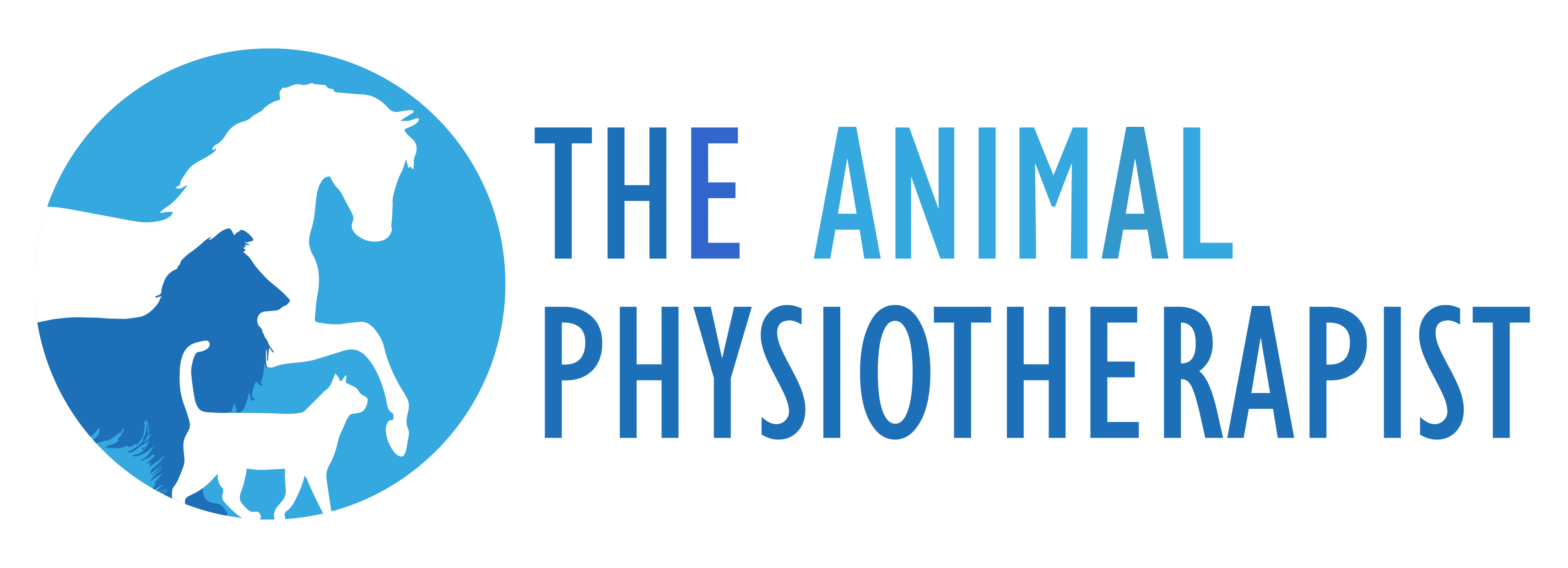The aim of physiotherapy is to restore normal movement patterns and function following injury, illness or surgery. Physiotherapy can also play a role in preventing disease and managing pain which ultimately serves to improve quality of life and promote wellbeing. Physiotherapists have many options within their treatment ‘toolkit’ including manual therapy techniques, electrotherapy and therapeutic exercise programmes.
The principles of physiotherapy for humans can be applied to any animal but are currently most widely utilised for horses and dogs. The wide and varied application of physiotherapy in human medicine can be applied to veterinary medicine for the benefit of all animals.
Common veterinary conditions seen by an animal physiotherapist include;
- Pain
- Lameness
- Soft tissue injuries e.g. tendinopathy, desmitis
- Sports injuries, e.g. muscle tear
- Osteoarthritis
- Neurological conditions e.g. intervertebral disc disease, fibrocartilaginous embolism
- Wound healing
- Weight management
Animal physiotherapists can also play a role in recovery from orthopaedic or neurological surgery, cardiac and respiratory rehabilitation and palliative care. Please contact The Animal Physiotherapist to discuss how we could help you and your animal.
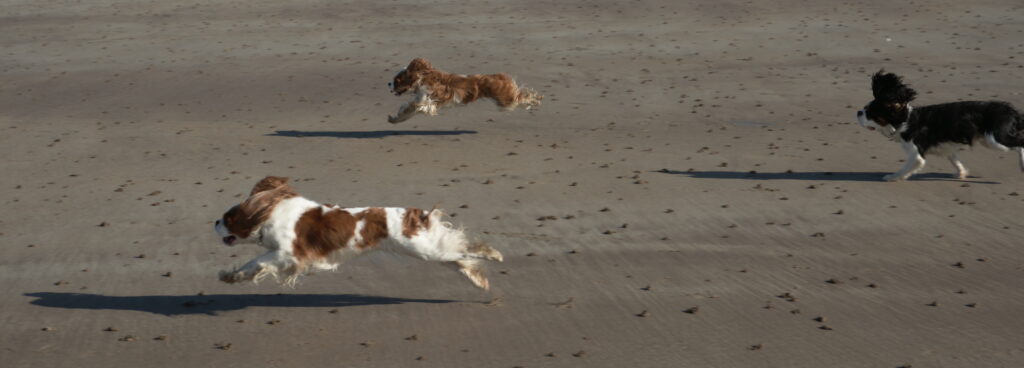
Chartered physiotherapists have a university degree qualification and use scientific evidence-based practice to guide clinical reasoning and treatment choices. Physiotherapy is a holistic profession meaning that a physical problem is not treated in isolation but within the context of the whole body.
The Chartered Society of Physiotherapy (CSP) is the professional body and trade union for Chartered Physiotherapists. Clinical standards and professional competencies are regulated by the Health and Care Professions Council (HCPC) to ensure professionals provide services of the highest quality. The ‘Association of Chartered Physiotherapists in Animal Therapy’ (ACPAT) is a clinical interest group of the CSP for Chartered Physiotherapists specialising in Animal Therapy. ACPAT members are Chartered Physiotherapists who have undergone recognised postgraduate university training in Veterinary Physiotherapy.
What happens during an appointment?
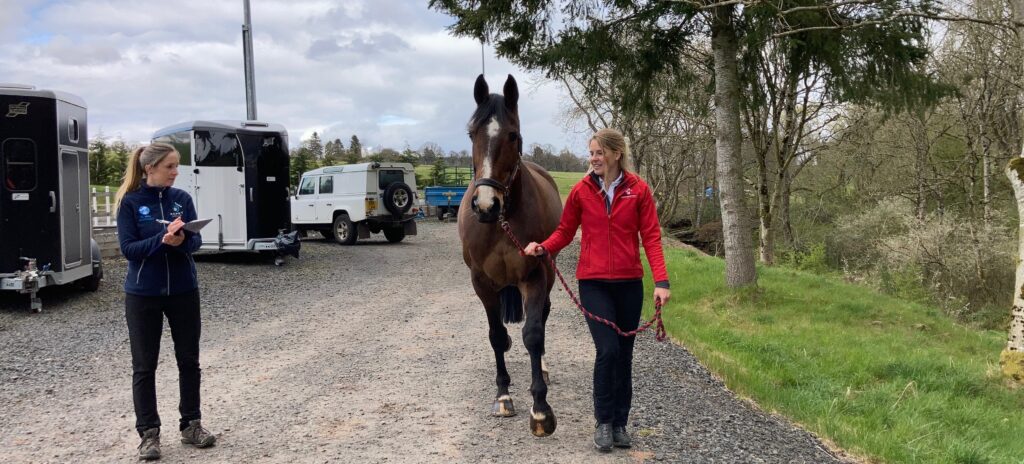
A first appointment usually lasts around 90 minutes. A complete history of the animal will be taken including your specific concerns and goals for physiotherapy. Your animal will be observed standing, moving and walking to allow a thorough movement assessment to be done. A ‘head to toe’ palpatory assessment is performed which involves carefully feeling the soft tissues and joints to locate any problem areas. The physiotherapist will discuss the findings of the assessment with you and agree a physiotherapy plan as appropriate. Your animal receives any appropriate treatment required as part of this first appointment.
Return appointments usually last around 60 minutes but still include discussion of how your animal has been since the previous appointment, physical assessment and treatment.
What treatments do physiotherapists use?
Physiotherapy is an evidence-based profession which means treatments provided have clinical research behind them, identifying their effectiveness. The Animal Physiotherapist has a wealth of treatment options in the ‘toolkit’ but these fall into 3 broad categories;
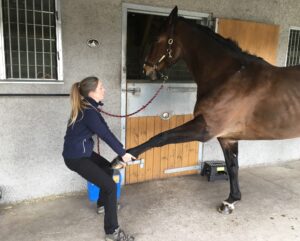
Manual Therapy
- Massage
- Myofascial release
- Trigger point therapy (Ischaemic compression)
- Reciprocal / reflex inhibition
- Joint mobilisations
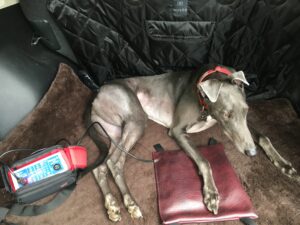
Electrotherapy
- Pulsed electromagnetic field therapy (PEMFT)
- Therapeutic ultrasound
- Laser therapy
- Transcutaneous Electrical Nerve Stimulation (TENS)
- Neuromuscular Electrical Stimulation (NMES)
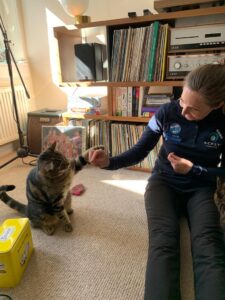
Therapeutic Exercises – this may include exercises targeting;
- strength
- flexibility
- balance
- proprioception
- core stability
- endurance
A home programme is usually provided for you to work on with your animal. These are individually designed and tailored to your animals’ specific requirements.
The most suitable treatment combination will be selected for your animal by The Animal Physiotherapist after a full, detailed assessment. If you are interested in learning more about the treatments on offer, please don’t hesitate to get in touch.
